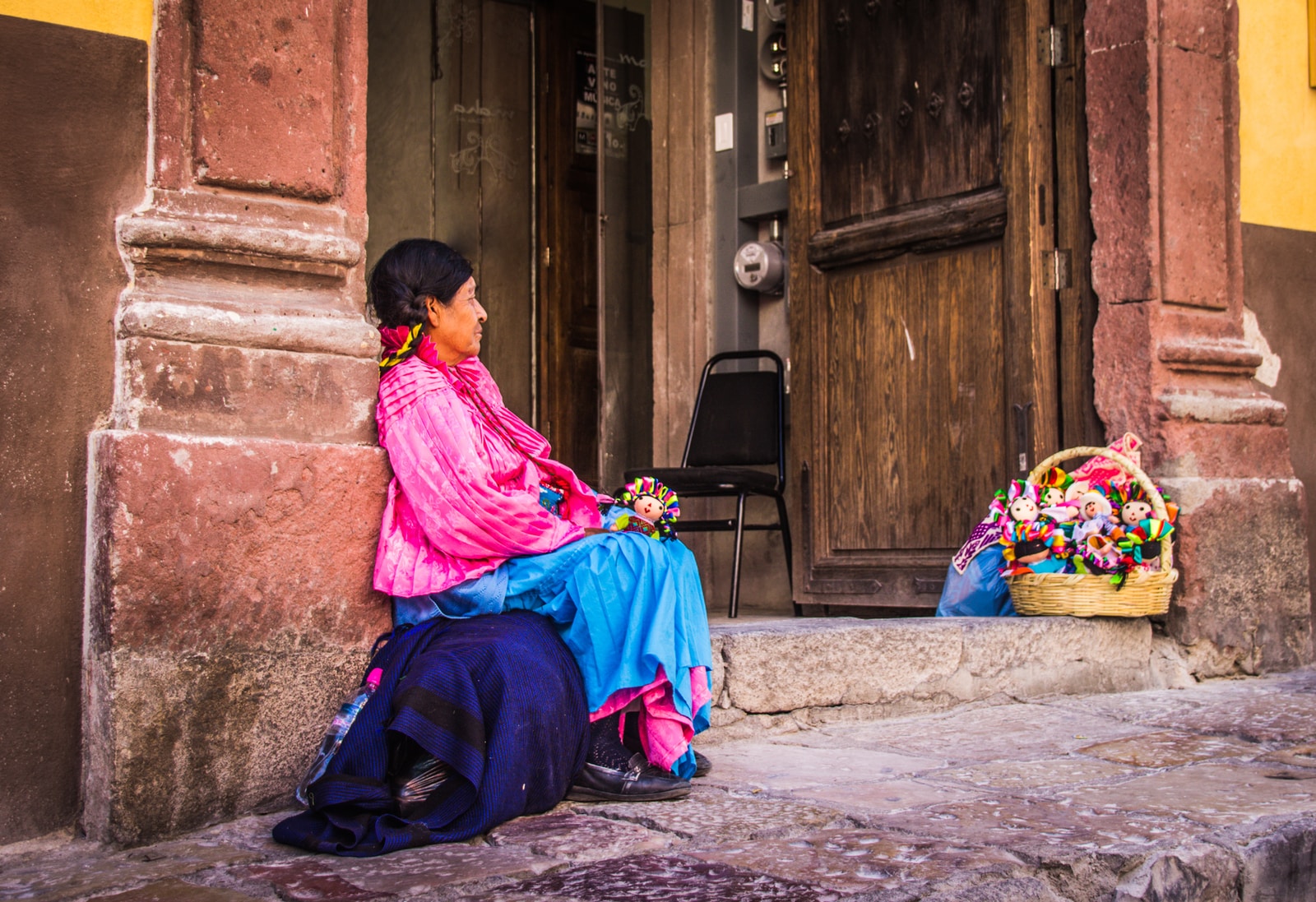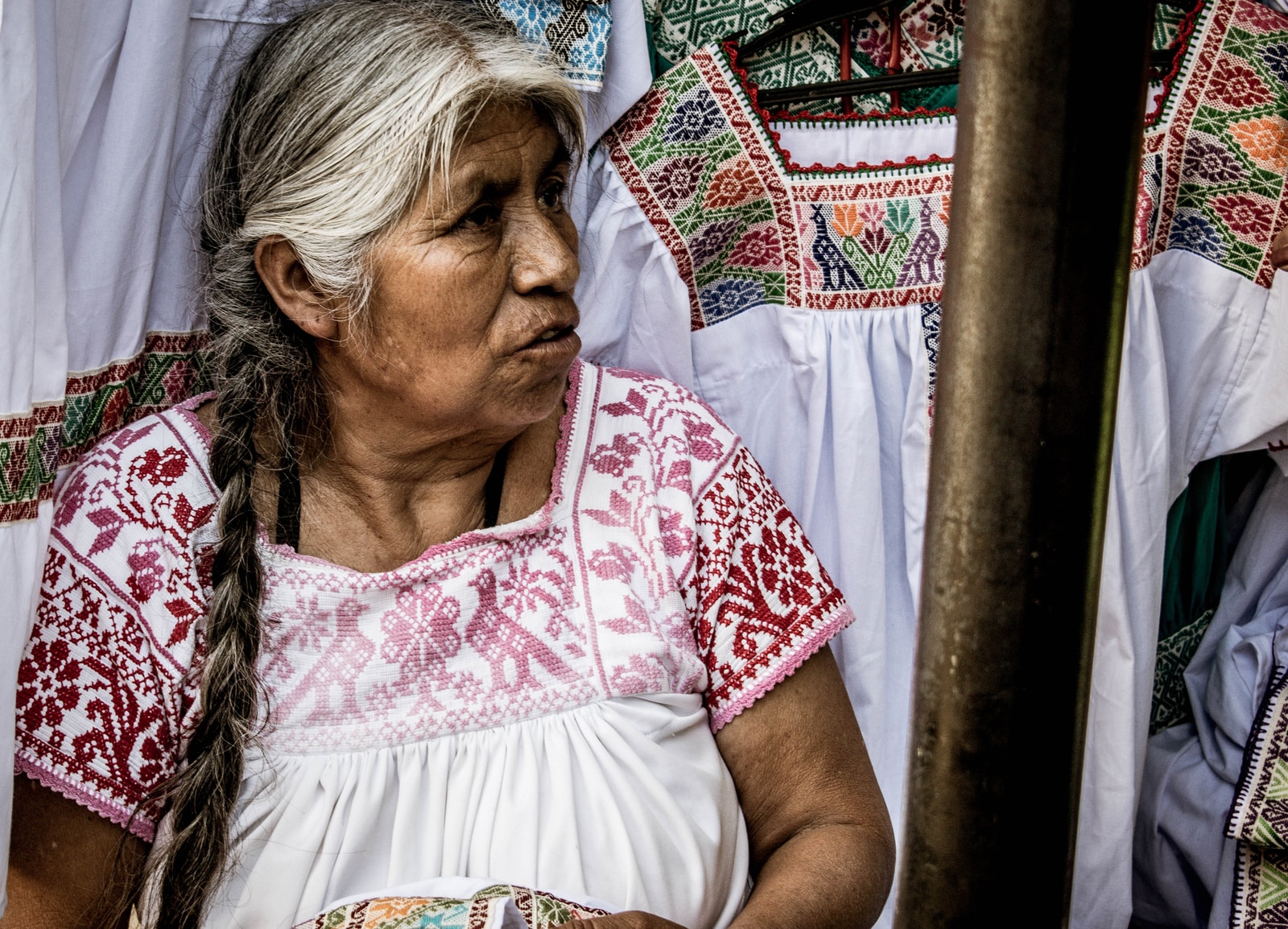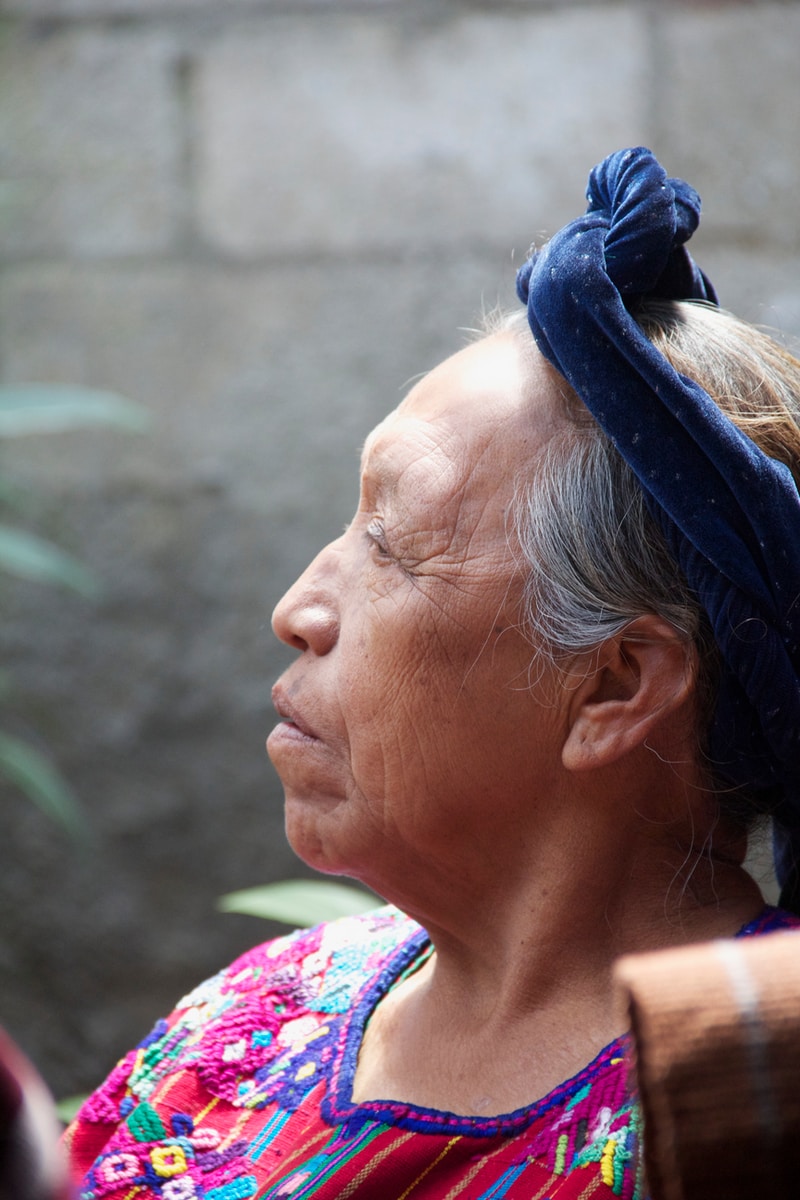
Zinacantan (Mexico) – Zinacantan’s indigenous weavers are attempting to get rightful recognition from an industry that, they claim, plunders their creations.
This month, Mexico celebrates its bicentenary of independence and gives plaudits to indigenous resistance against Spanish colonization.
Weavers sit on blankets on the ground, in the courtyard of Julia Perez’s house in Zinacantan. They use traditional looms for fabric that blends a variety of bright colors.
The 39-year-old Tzotzil craftswoman stated that: “There is a fusion between our ideas to ensure that our tradition, culture, and fabrics do not disappear.” She said that the inspiration for the patterns and colors is why she uses it all the time. Perez stated that the weavers’ enthusiasm is despite the complex and laborious nature of their work which requires great dexterity.
After meeting Dulce Martinez De la Rosa and Daniela Gremiaon, who are the women behind Fabrica Social (Social Factory), a project dedicated to traditional Mexican art, they now understand the value of their creativity and time.
Gremion met Perez over ten years ago. She recognized her talent and asked her to join her team. They have been friends, mutual learners, and trust each other ever since.
‘Cultural misappropriation’
Fabrica Social is a brand that helps women in Zinacantan and artisans from six Mexican states to improve their working conditions and fight business inequalities. This training is more educational than it is commercial.
Gremion sits down at a table and chairs in the yard as the weavers begin to discuss costs and expenses. This is a critical but complicated goal: fair trade. The artisans are enthusiastic and open to discussing their needs and how to price them.
After completing the workshop, Gremion, 40 said, “It’s an instrument that helps us to arrive at a cost for a product which is often almost invaluable.”
In addition to their financial value, the indigenous textiles are a cultural and historic heritage that international fashion brands routinely use without permission. Mexican officials have demanded explanations from designers like Carolina Herrera of Venezuela and Isabel Marant of France, as well brands such as Zara, Rapsodia, and Anthropologie for “cultural misappropriation” (a misuse) of indigenous culture. Perez said, “It’s unfair that they do this.”
“All our hearts”
De la Rosa stated that the exploiting of indigenous heritage by major brands shows the power imbalance between transnational corporations and local creators. This is a legacy from old “colonial regimes”.
In her Mexico City workshop, the 42-year old said, “The artisans of this nation and their work, and their techniques, and their processes, should be as well-known that Carolina Herrera, Isabel Marant, Zara or Mango – that’s what the real struggle is.” She added, “We live in an economy that is still absolutely colonial.”
Fabrica Social is among several projects invited to join the “Original” platform by the Mexican culture ministry. This platform seeks to use their experience to encourage “ethical cooperations” between large businesses and artisans.
Zinacantan’s weavers hope that it will earn them more respect for their talents and identities from international brands. Julia’s cousin Sara Perez said, “We would love them to recognize their work because it has been done well.” Sara Perez is a long-time collaborator in the project. She said, “It’s been made with all of our heart and we’re also using materials made in Mexico.”





